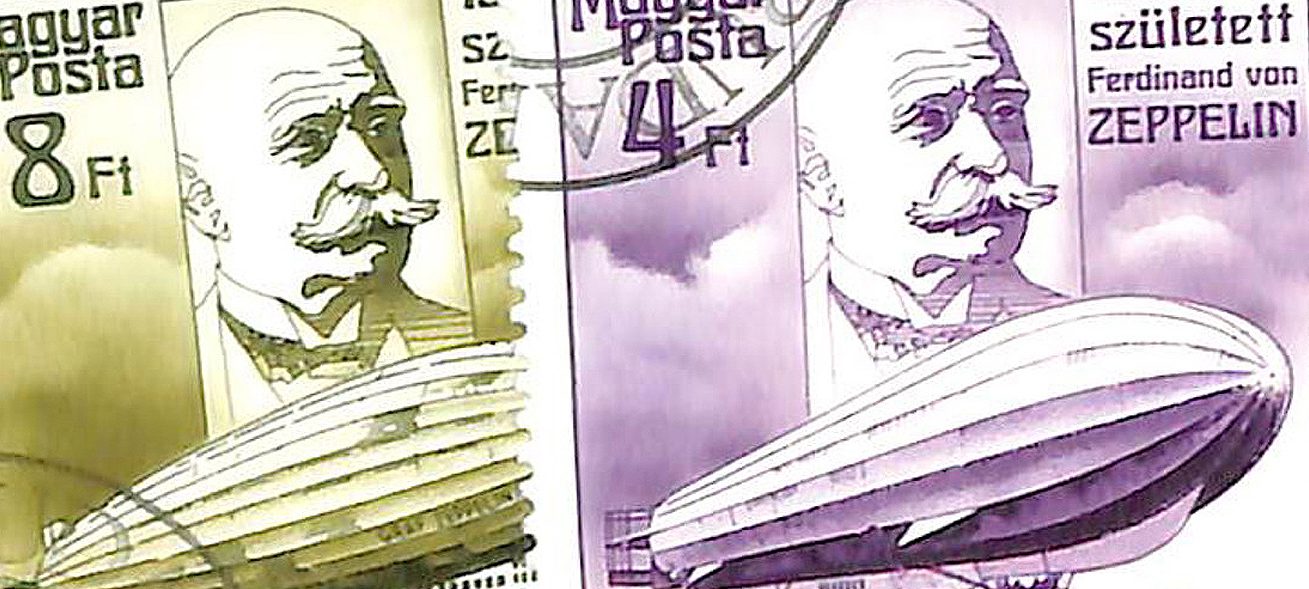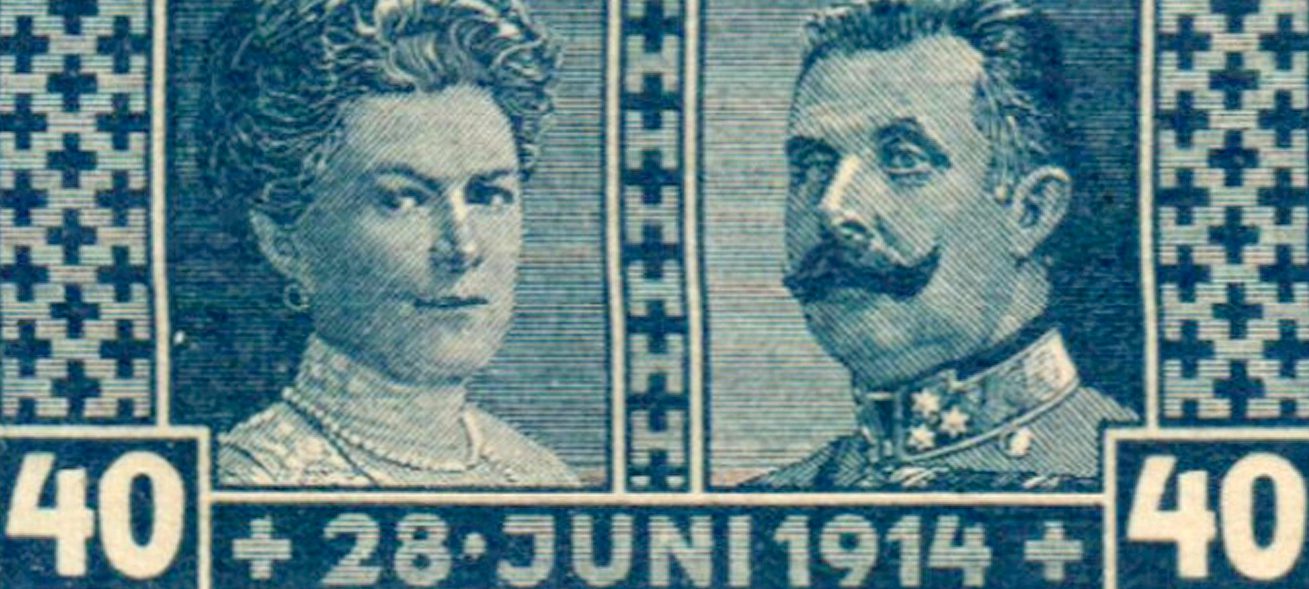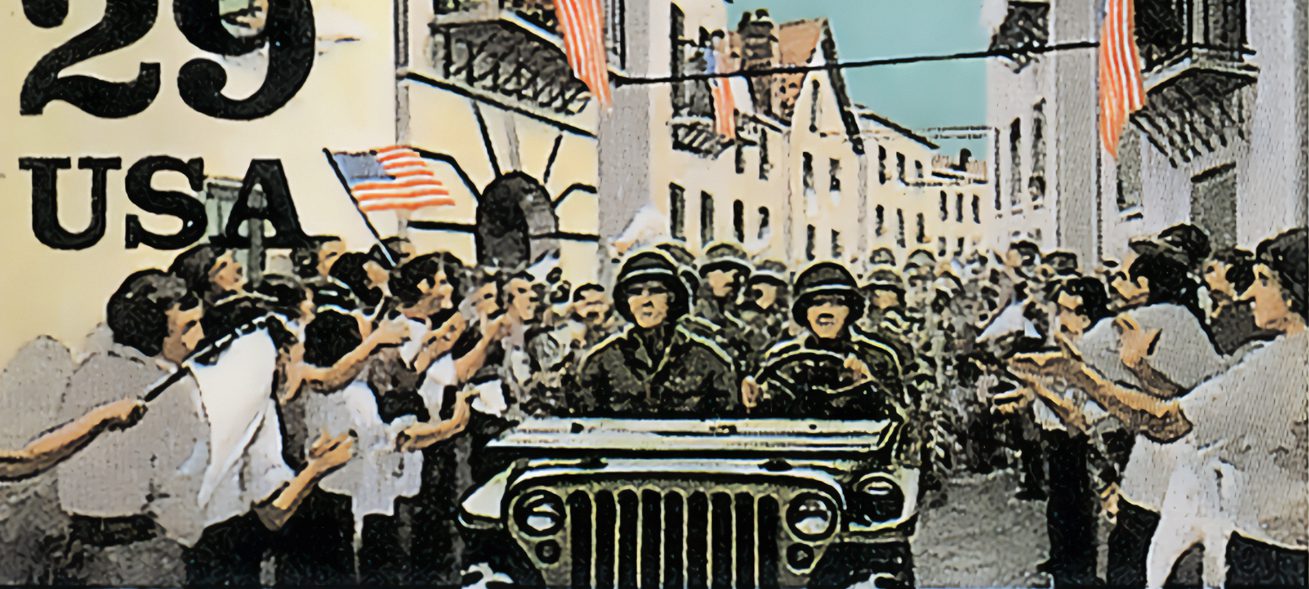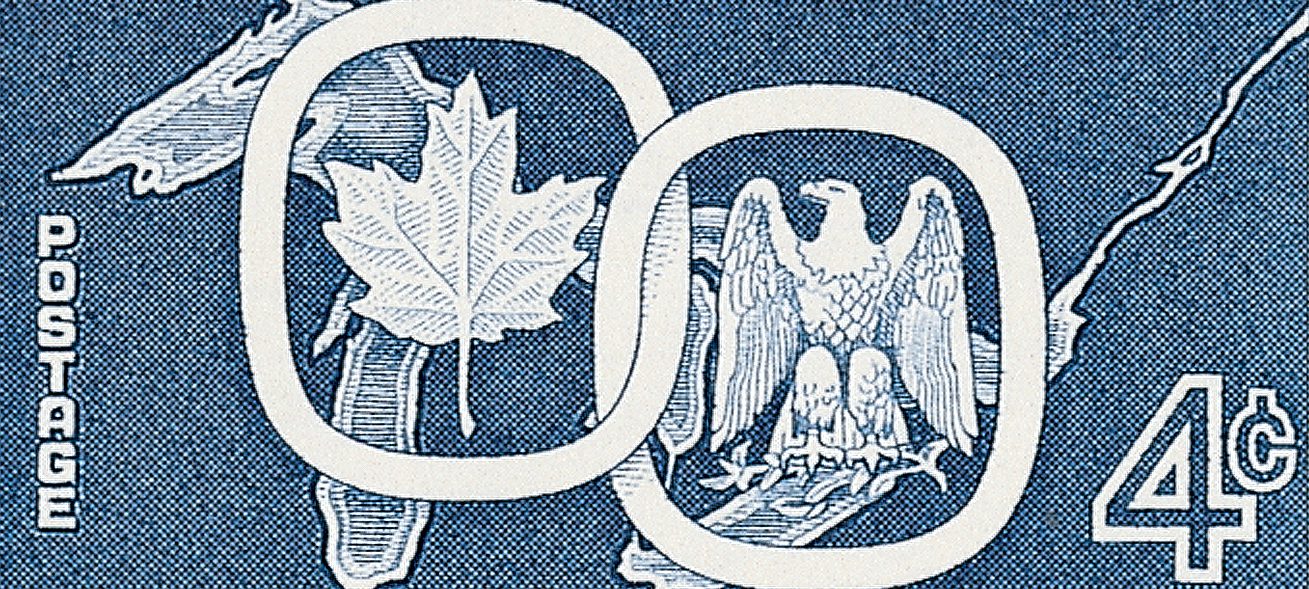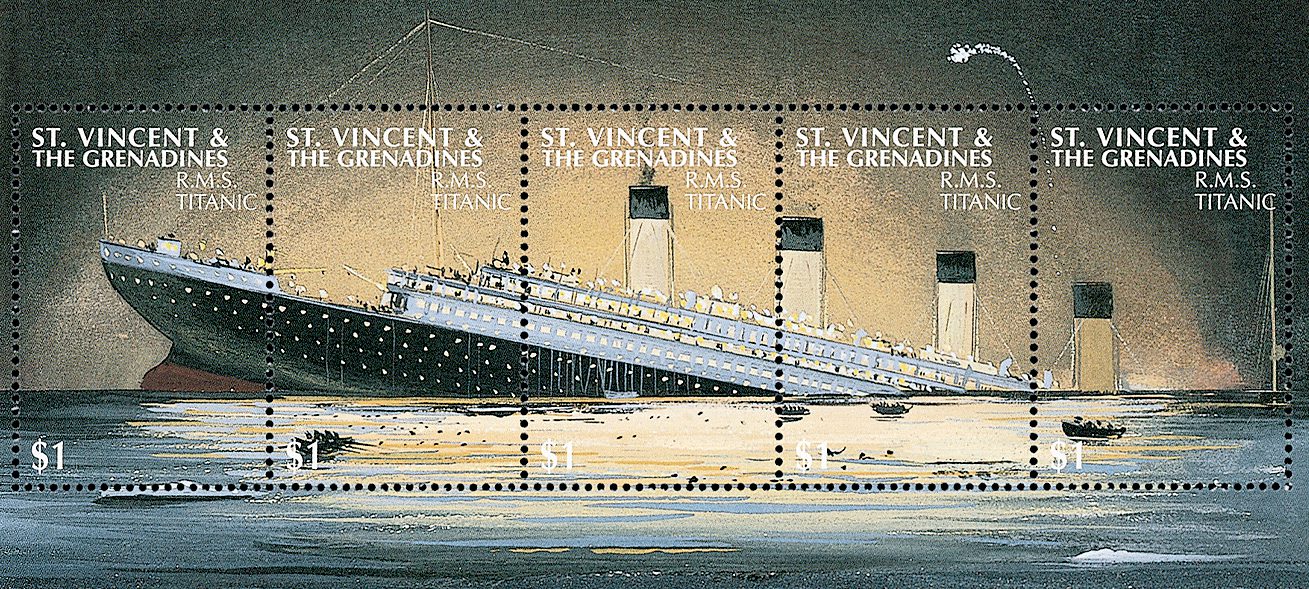US Opens First Post Office in Alaska
On July 23, 1867, the United States opened its first post office in Alaska— months before the US formally took possession of the territory. While Alaska’s official transfer was still being prepared, the US was already laying down its presence—and the post office was a powerful symbol of that.


